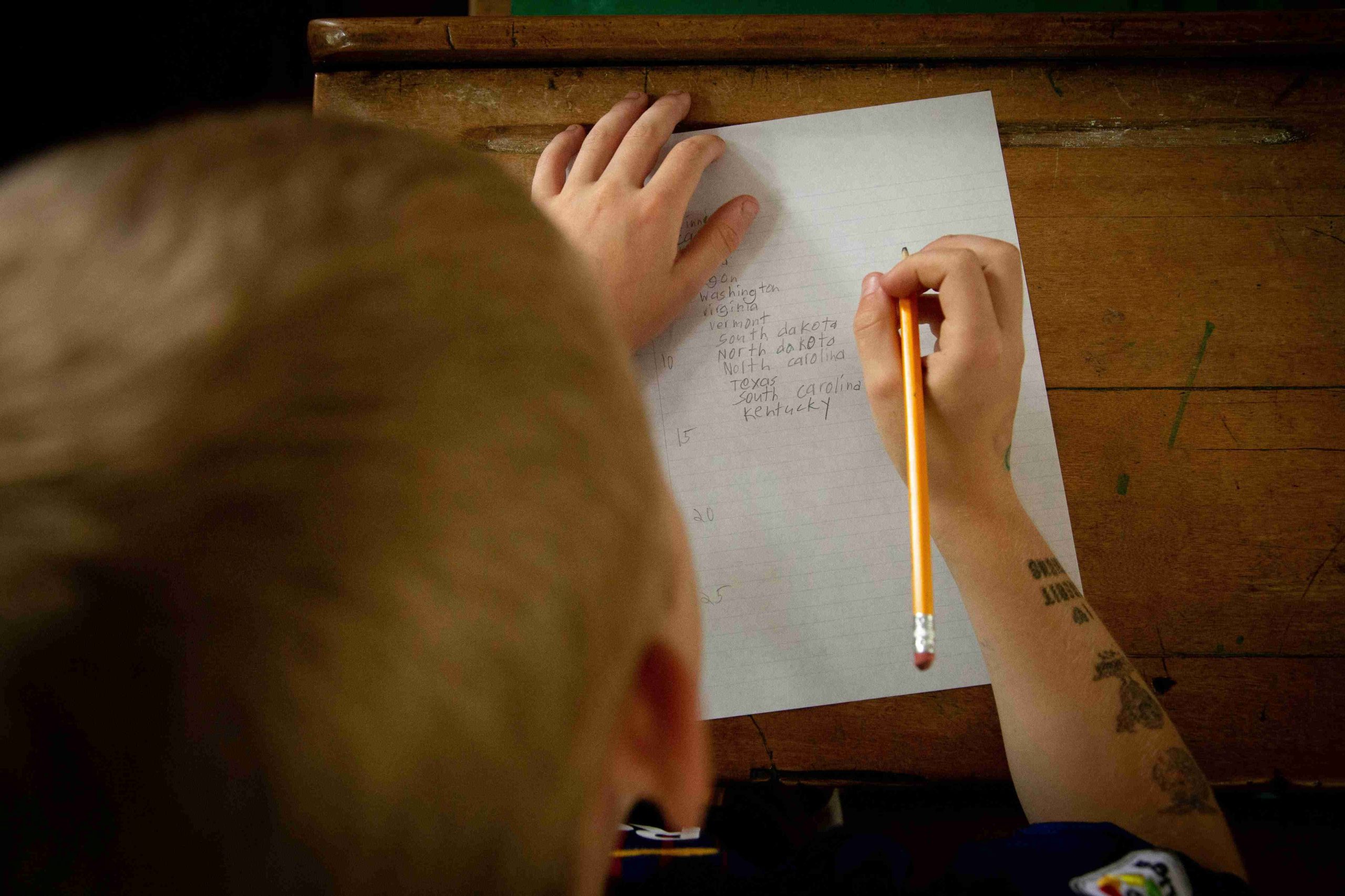
Why Preschoolers Love Printables: Enhancing Literacy and Numeracy Skills
The growing the ability of personal computers have resulted in an increase in the total amount of times individuals utilize a variety of digital gadgets. For preschoolers, this is no exception. While traditional toys and activities like blocks, puzzles, and coloring books still have their place, many preschoolers are now drawn to the use of printables. These are activity sheets that can be downloaded and printed out, often featuring cute characters and bright colors. But why do preschoolers love them so much, and how can they enhance literacy and numeracy skills? Let’s take a closer look.
The Appeal of Printables
Printables have a unique appeal to preschoolers that makes them stand out from other traditional activities. The bright colors, cute characters, and variety of designs make them visually appealing and engaging. Preschoolers love the feeling of accomplishment they get when they complete a printable and are often excited to show off their finished work. In addition, printables provide a sense of structure and routine that many preschoolers find comforting. The clear instructions and predictable format of printables make them easy for preschoolers to understand and complete on their own.
Enhancing Literacy Skills
Printables can be a powerful tool for enhancing literacy skills in preschoolers. Many printables feature letters, words, and sentences that encourage preschoolers to practice their reading and writing skills. By completing printables, preschoolers can develop their phonemic awareness, letter recognition, and writing skills. Printables can also help preschoolers develop their comprehension skills by encouraging them to read instructions and follow directions. As they progress, preschoolers can move on to more complex printables that challenge them to think critically and apply their literacy skills in new ways.
Developing Numeracy Skills
Printables can also be a valuable tool for developing numeracy skills in preschoolers. Many printables feature numbers, counting, and basic math concepts that encourage preschoolers to practice their numeracy skills. By completing printables, preschoolers can develop their counting skills, number recognition, and basic math concepts like addition and subtraction. Printables can also assist preschoolers in the development of their problem-solving skills by providing them with challenges that require them to think critically and find answers to mathematical difficulties.
Improving Fine Motor Skills
Printables can also be beneficial for improving fine motor skills in preschoolers. Many printables require preschoolers to use their hands to cut, glue, color, and write, which can help improve their fine motor skills. By completing printables, preschoolers can develop their hand-eye coordination, finger dexterity, and grip strength. These skills are essential for later activities like writing, drawing, and using tools like scissors.
Fostering Creativity and Imagination
Printables can also be a valuable tool for fostering creativity and imagination in preschoolers. Many printables allow preschoolers to color, draw, and design their own characters, which encourages them to use their creativity and imagination. Printables can also help preschoolers develop their spatial awareness and understanding of visual relationships, which is essential for later activities like drawing and painting.
Tips for Using Printables with Preschoolers
It is vital to use printables in an effective manner if one desires to maximize their worth as a tool for developing a person’s reading and numeracy skills. This is because printables can only help a person’s reading and numeracy skills to the extent that they are used. Use these pointers when interacting with preschoolers and printables: Select printables that are appropriate for the age of the students: The printables you choose for your preschooler should be appropriate for his or her age and developmental stage. Too easy, and they won’t be challenged, too difficult, and they may become frustrated.
1. Provide Guidance and Support: Although printables are designed to be completed independently, preschoolers may still need guidance and support. Be available to answer questions, provide assistance, and offer encouragement as needed.
2. Make it Fun: Encourage your preschooler to enjoy completing the printable by making it fun. Use colorful markers or stickers, play background music, or offer a reward for completing the task. Printables should be utilized in addition to more traditional activities such as playing with toys, spending time outside, and reading books. Printables can also be used as a standalone activity. Ensure that your preschooler receives a well-rounded education by incorporating printables into their daily routine alongside other activities.
3. Monitor Screen Time: While printables are often downloaded and printed from a computer, it’s important to monitor your preschooler’s screen time. Make sure they are spending enough time playing outside, interacting with others, and learning about their environment.
By following these tips, you can effectively use printables to enhance your preschooler’s education and support their overall development.


